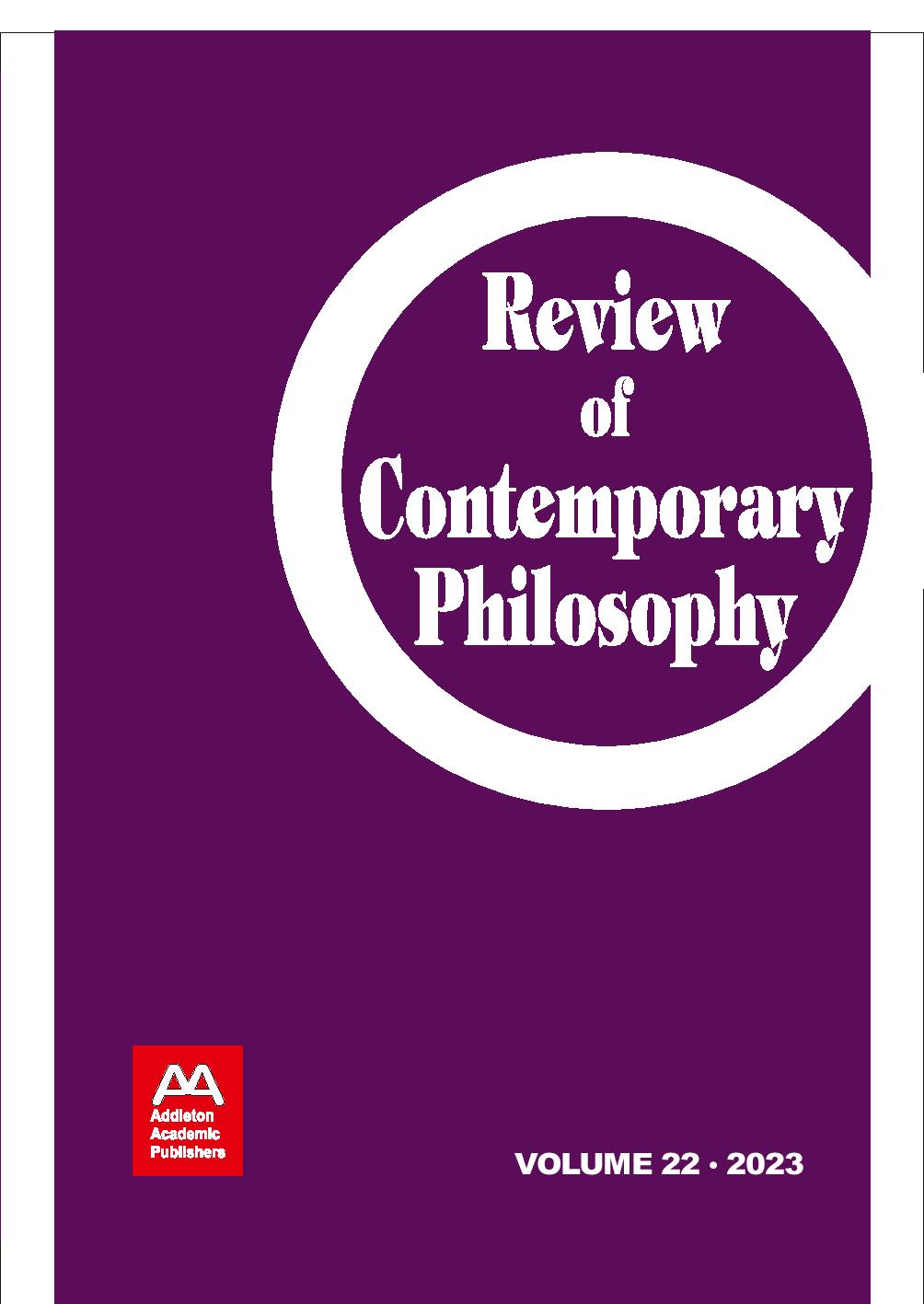Visual Perceptive and Blockchain-based Decentralized Metaverse Systems, Machine Vision and Geolocation Data Processing Algorithms, and Virtual Twin and
Deep Learning-based Sensing Technologies
in 3D Immersive Environments
Visual Perceptive and Blockchain-based Decentralized Metaverse Systems, Machine Vision and Geolocation Data Processing Algorithms, and Virtual Twin and
Deep Learning-based Sensing Technologies
in 3D Immersive Environments
Author(s): Ann StevensSubject(s): ICT Information and Communications Technologies
Published by: Addleton Academic Publishers
Keywords: visual perceptive; blockchain-based decentralized metaverse systems; machine vision; geolocation data processing algorithms; virtual twin; deep learning; sensing technologies; 3D immersive environment
Summary/Abstract: The aim of this systematic review is to synthesize and analyze visual digital twins, metaverse and immersive technologies, and machine learning-based image recognition and intelligent data processing tools. In this research, prior findings were cumulated indicating that artificial intelligence-based synthetic media production, bio-sensing and actuation systems, and virtual navigation and autonomous visual object detection tools articulate the blockchain-based virtual economy. I carried out a quantitative literature review of ProQuest, Scopus, and the Web of Science throughout April 2023, with search terms including “3D immersive environments” + “visual perceptive and blockchain-based decentralized metaverse systems,” “machine vision and geolocation data processing algorithms,” and “virtual twin and deep learning-based sensing technologies.” As I analyzed research published in 2022 and 2023, only 176 papers met the eligibility criteria. By removing controversial or unclear findings (scanty/unimportant data), results unsupported by replication, undetailed content, or papers having quite similar titles, I decided on 34, chiefly empirical, sources. Data visualization tools: Dimensions (bibliometric mapping) and VOSviewer (layout algorithms). Reporting quality assessment tool: PRISMA. Methodological quality assessment tools include: AXIS, Distiller SR, ROBIS, and SRDR.
Journal: Review of Contemporary Philosophy
- Issue Year: 2023
- Issue No: 22
- Page Range: 244-260
- Page Count: 17
- Language: English
- Content File-PDF

